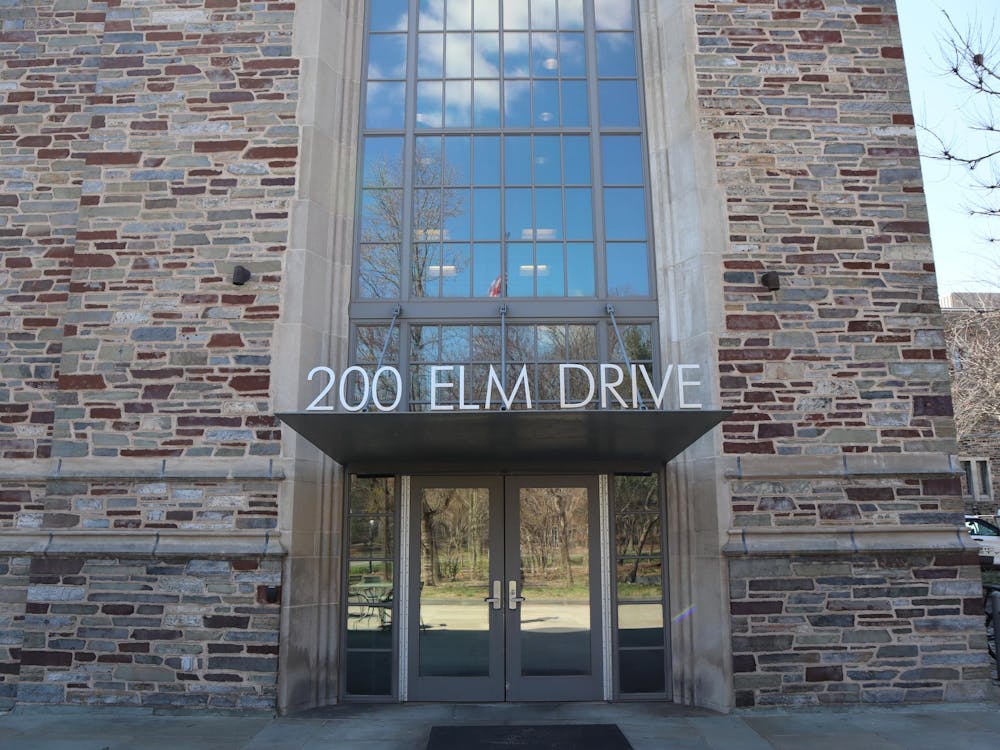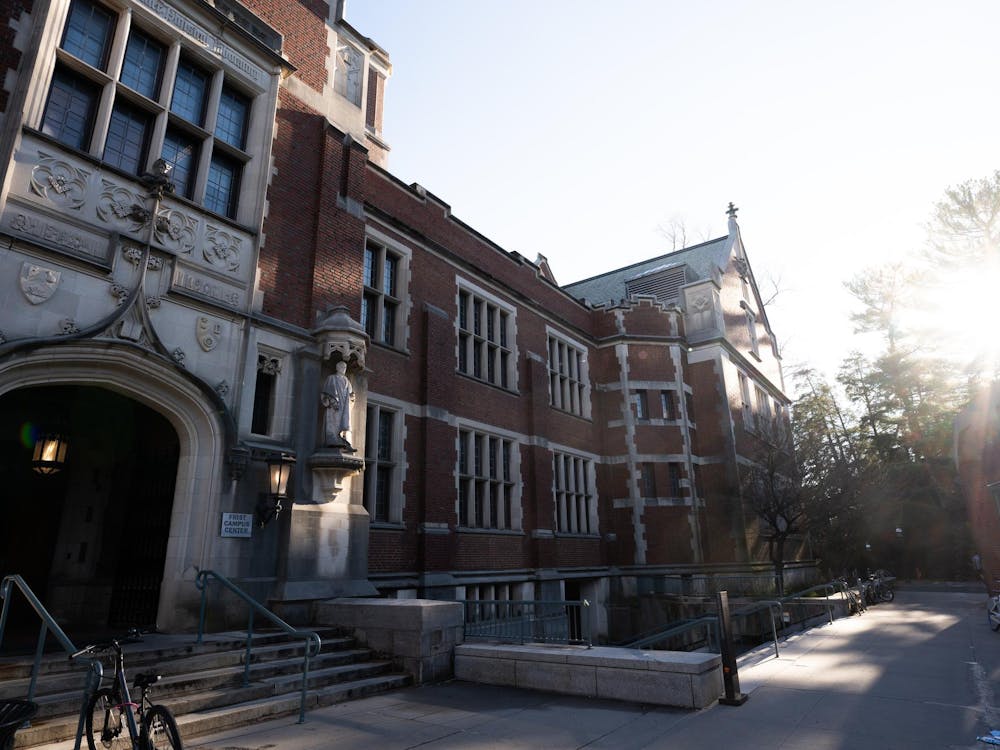The student-run International Collegiate Science Journal launched on March 11 after publishing its first issue.
Efforts to establish the journal were led by Stephen Cognetta ’15, former editor-in-chief of Innovationmagazine, which reports on science and technology research at the University.
Articles for ICSJ are selected by the individual schools. Participating schools other thanthe University are Harvard, Stanford University, the University of Oxford, the University of Cambridge, Duke University, Rice University, Washington University in St. Louis and University of California, Berkeley.
The first issue included two articles that were written by University students.
The Princeton contingent of ICSJ is led by Cognetta, Cissy Chen ’16 and Abrar Choudhury ’16. Chen and Choudhury are Innovation magazine's current president and editor-in-chief, respectively.
Last January, Cognetta and others began reaching out to various universities with existing science journals to see if they would be interested in joining ICSJ, Cognetta said.
“The idea was pretty simple, just to connect these science journals together,” he said.
Cognetta noted that he reached out to more than the nine member schools, but that some schools, many because of a lack of science journal or how recently their own science journals had been founded, were unable to join ICSJ. Other universities were unresponsive, Cognetta said, adding that any school's journal was welcome to join.
Part of the motivation for the journal was the opportunity to collaborate with students at other universities and to learn from other publications, Chen said.
The journal also hopes to create a platform for students at universities without existing science journals to get their pieces published, Cognetta said.
"In the future, I can see this becoming more of a chapter [system]," Choudhury said. "Schools that might not have science journals can establish their own chapter of ICSJ, and through that, gain resources and learn from other journals that have already succeeded."
Going forward, ICSJ will have to decide whether to remain a print publication or be exclusively web based as it grows, Cognetta said. All schools, except Oxford and Cambridge, distributed paper journals. The ICSJ board will also discuss how many times to publish during the year.

“The whole idea is to make science fun and interesting to read,” Cognetta said, explaining that innovative design and relatable articles are key to ICSJ’s appeal.
Accessibility is a very important issue in science journals, Libby Tolman ’15, a physics major, said.
“The conglomerate part is, I think, especially useful for science majors because it’s good to see what’s going on at different schools you’re considering for grad school," she said.
Another important aspect of the journal is its intention to appeal to a more popular audience, Pavel Shibayev ’15, a physics major, said.
“Initiatives like this really help to disseminate groundbreaking research at various universities in less specialized language,” he said.
The new platform is also important for existing journals, Ali Palla, the editor of U.C. Berkeley's Berkeley Scientific magazine, said.
“The biggest thing is that the articles that we write will reach a larger audience,” Palla said. “We can also increase ICSJ on campus here which will bring the other articles to campus here. It’s just about spreading science education and getting people interested in science."
However, the magazine's intention to appeal to a broader audience doesn't mean it has no relevance to science majors, Benjamin Huang ’15, who wrote an article for the first issue,said.
“ICSJ and Innovation reach non-science readers and elucidate a topic and the scientific backing behind it," he said. "[But] even for scientific readers who might have more of a background in a subject, they can still read about science and other subjects that are highly relevant to their lives."
Correction: Due to a reporting error, an earlier version of this article misstated the name of the International Collegiate Science Journal. The 'Prince' regrets the error.








